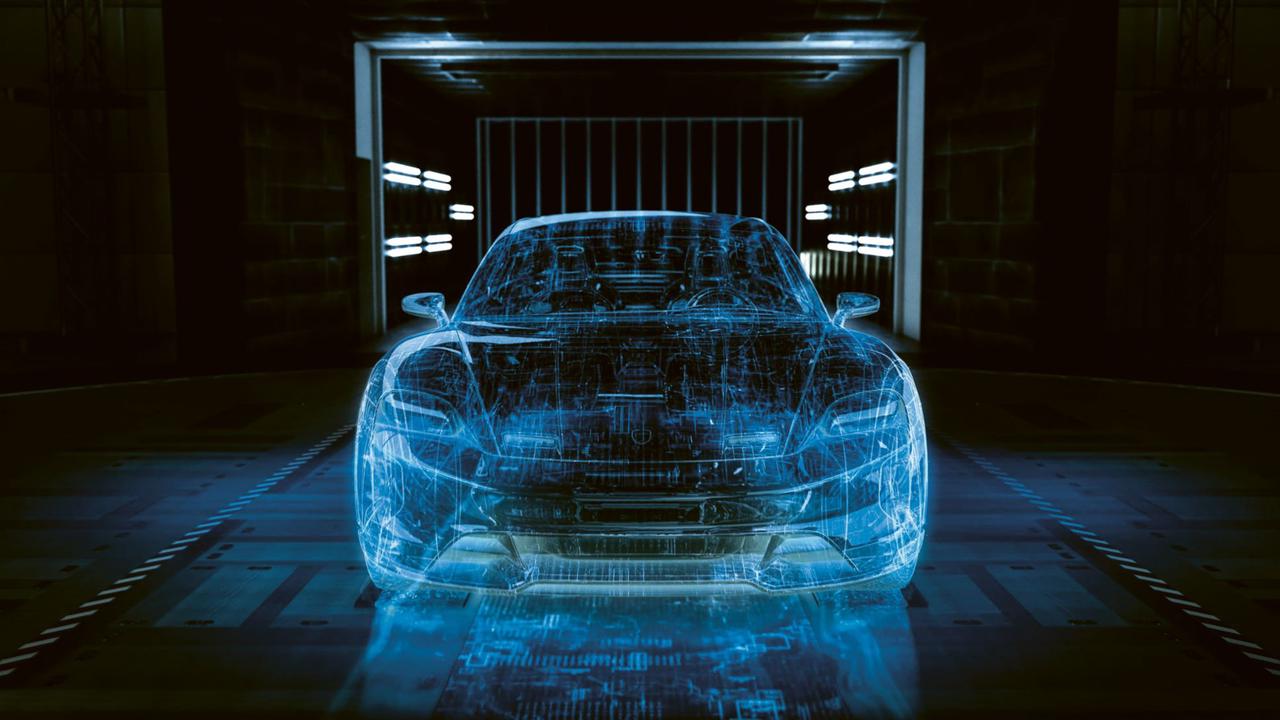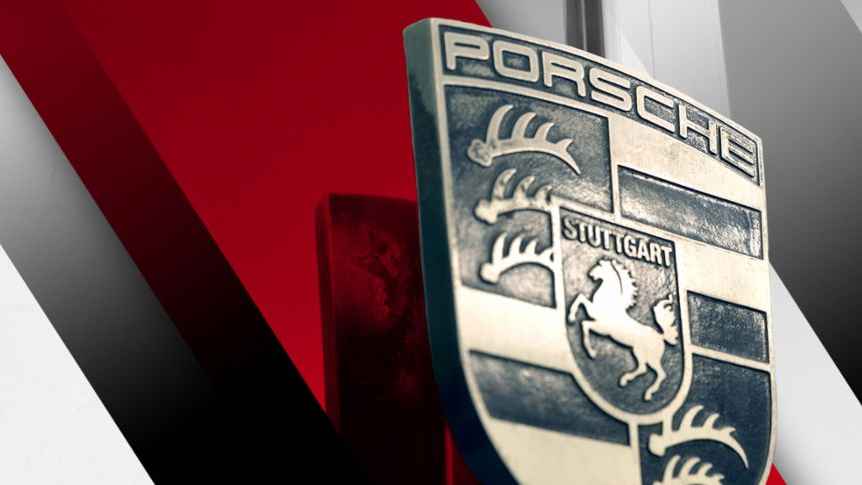Porsche to focus on carbon neutrality, digitalization, and localization development services, and high-performance battery in 2022
Porsche will hold an online news conference, which is to be launched online on March 18, 2022. Carbon neutrality, digitalization, localization development services, and high-performance battery will be the main key focuses for Porsche. The following is a summary of the content:
- Multiple indicators such as revenue, sales profit, sales return rate, and net cash flow are outstanding
- Continually advance strategic investments in electrification, digitalization, and sustainable development
- The new generation of pure electric 718 is planned to be launched around 2025
- Supporting Volkswagen Group’s Porsche AG’s initial public offering (IPO) plan
Porsche optimized brand-operating costs structure in 2021, which achieved healthy and sustainable income:
- 301,915 new cars were delivered worldwide, of which 84,658 were in the Americas, 86,160 were in Europe, and 131,098 in Asia, Africa, and the Middle East, representing an increase of 11% over 2021
- China has been Porsche’s largest single market for seven consecutive years and is also the largest market for Cayenne, Panamera, and Macan series models. In 2021, a total of 95,671 vehicles were delivered in China
- The sales return rate exceeded expectations at 16%
- 41,296 units of the pure electric sports car Taycan were delivered, more than double that of 2020
- Revenue increased by more than 15% year-on-year, reaching 33.1 billion euros
- Operating activities generated 6.4 billion euros of cash flow, and earnings before interest, taxes, depreciation, and amortization (EBITDA) reached 5.3 billion euros, pre-tax profit was 5.7 billion euros, a year-on-year increase of over 30%.
Porsche 2030 plan:
- By 2025, it is expected that the sales of electrified vehicles, including pure electric and plug-in hybrid models, will account for 50%
- By 2030, it is expected that the proportion of newly delivered cars and pure electric vehicles will exceed 80%
- By 2030, Porsche will achieve carbon neutrality across the entire value chain, greatly increasing the proportion of qualified recycled materials used in vehicle production
- Maintain a sustainable supply chain and ensure that 90% of procurement meets its strictest quality standards
Research and development, digitalization, and investment aspects:- Taycan GTS and Taycan Cross Turismo will make their Asian debut and start pre-sales at the 2022 Beijing International Auto Show. This expands Porsche’s lineup of new energy vehicles in China to 21 models.
- Construction of a new vehicle laboratory, safety testing center, and climate wind tunnel at the approximately 100-hectare Weissach development center.
- Allocate €15 billion by 2025 for electric travel, digital transformation and sustainable production, with more than €800 million invested annually in digitalization.
- Invest over €150 million annually in start-ups and venture capital firms.
- Plan to begin pilot production of renewable fuels using Methanol-to-Gasoline (MTG) technology at a plant in Chile in mid-2022.
- Developed the Porsche Engineering Virtual ADAS Testing Center (PEVATeC) to develop and verify advanced driver assistance algorithms and sensors.
- Digital vehicle validation using gaming engines and VR technology.
- Actively enter the high-performance battery production field by investing in the Cellforce Group, targeting a production goal of at least 100 megawatt hours by the end of 2024.
- Continue to expand software teams to deliver localized development software and experiences for users in different regions.

Porsche’s high-end positioning and rich customization options need no introduction and will remain one of the brand’s core competitive strengths in the future. From an operational perspective, Porsche has established nine data centers worldwide, two of which are located in China, in Beijing and Shanghai, demonstrating Porsche’s focus on the Chinese market and future policies that provide localized services for different markets.
Unlike most automakers, electrification is not the only path for brands like Porsche in the future. Internal combustion engines can be a high-end, customizable, and distinctive product option. Porsche’s gasoline and hybrid models might find their unique pace of release post-2030, becoming one of Porsche’s hallmarks.Porsche relied on the synergies within the Volkswagen Group to develop the digital platform, train ADAS algorithms, and sensors at the Porsche Engineering Virtual Testing Center (PEVATeC). Digitalization also plays a vital role in research and validation, in addition to production, sales, and company operations: the use of game engines and VR technology allows for a fast and flexible vehicle validation process. These reserves of technology provide a foundation for the development of digital economy businesses. While VR technology may not yet be a crucial differentiating selling point, domestic EV startups (such as NIO, Xpeng, and Ideal) have launched their VR devices or hardware services matched to their own car models. Virtual reality experience may be another breakthrough in the fiercely competitive concept of the intelligent cockpit.
As Porsche itself states, high-performance batteries are like the internal combustion engine of the past in the era of electrification. Perhaps another change brought by electric vehicles to the automotive industry is a gradually similar transparency: increasingly centralized intelligent chassis, ADAS hardware and algorithms symbolized by electric driving, and plenty of performance relying on the physical characteristics of electric motors. The relationship between carmakers and suppliers may become even closer.
Since electrification is an unstoppable trend, the battery must be a focal point for every manufacturer. When there is no fundamental breakthrough in battery technology, carmakers need to ensure adequate and stable battery supply. A pure electric vehicle incurs huge costs in the battery pack, and this expenditure cannot be controlled. This is unacceptable for every manufacturer with grand plans, so in the future, they will have a broader layout in the fields of battery raw materials and production.
This article is a translation by ChatGPT of a Chinese report from 42HOW. If you have any questions about it, please email bd@42how.com.
